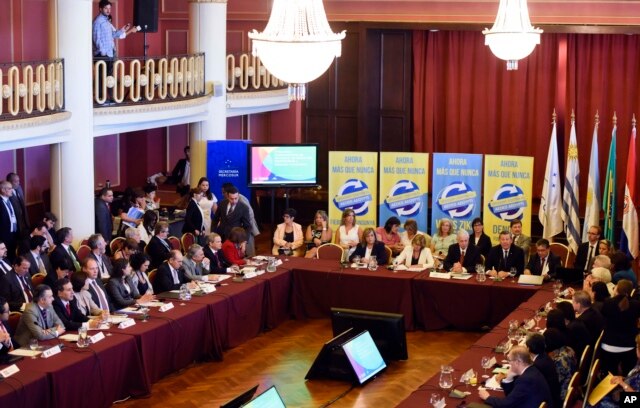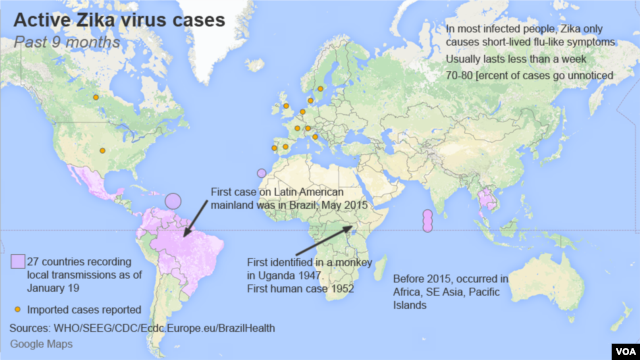BCBSRI obtiene la máxima puntuación de 100 en igualdad laboral para personas LGBTQ+

Latin Heath Ministers Hold Emergency Zika Meeting
Latin American health ministers agreed Wednesday on a public information campaign and boosted the number of medical workers to fight the mosquito-borne Zika virus, which poses the greatest threat to pregnant women.
The 14 officials — including Brazilian Health Minister Marcelo Castro, whose country has been hit hardest by the virus — held emergency talks Wednesday in Montevideo, Uruguay.
Castro said regional leaders need to «exchange information, make alliances, and discuss what coordinated action we can take to control this epidemic.»
Brazilian President Dilma Rousseff has said her government will spare no expense in fighting the mosquito that experts say carries the virus.
«My entire government is working on fighting this emergency,” Rousseff said this week. “There will be no lack of funding. … We will partner up with the U.S. government, with President [Barack] Obama … in order to develop as quickly as possible a vaccine for the Zika virus.»
Health ministers attend the summit to address the spread of Zika virus in the region at the Mercosur building in Montevideo, Uruguay, Feb. 3, 2016.
A worrisome development intensified concerns this week when health officials in Dallas County, Texas, reported what appears to be the first Zika case in the U.S. transmitted through sexual contact.
The patient apparently was infected after having sex with an ill individual who returned from a country where the virus is present. It was later reported on Twitter that the infected traveler had recently been to Venezuela.
The U.S. Centers for Disease Control and Prevention — the top federal public health agency — confirmed the Texas case.
Quick action needed
World Health Organization expert Anthony Costello spoke Wednesday of the need for quick action against Zika, which has the potential to spread far beyond the Americas.
«We know that the mosquitoes that carry the Zika virus … are present through most of Africa, parts of southern Europe, and many parts of Asia, particularly South Asia,» he said.
There is currently no treatment for Zika, but a number of global pharmaceutical houses are rapidly working on a vaccine.
The Zika virus causes no symptoms in 80 percent of people bitten by theAedes mosquito. Other people infected develop a mild rash. However, the virus is a threat to pregnant women.
The WHO says the virus is strongly suspected to cause microcephaly — a disease that causes babies to be born with abnormally small heads.
Brazil has reported nearly 4,000 suspected cases of microcephaly since October, but experts are puzzled as to why microcephaly is nearly non-existent in other Latin countries where the virus is present.



